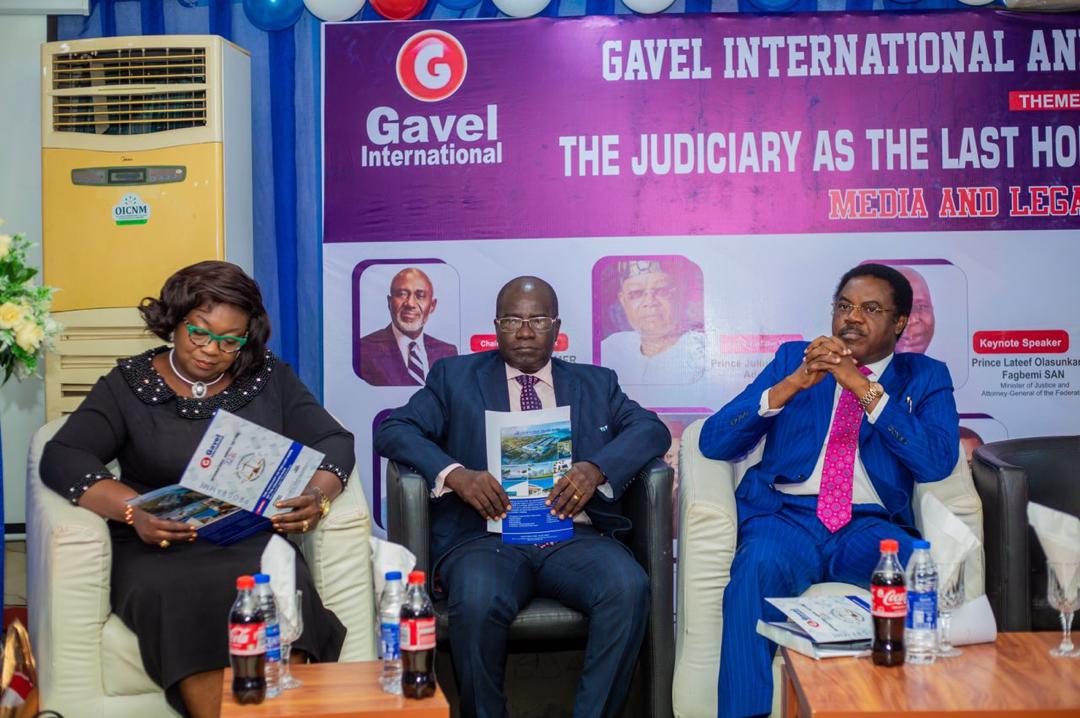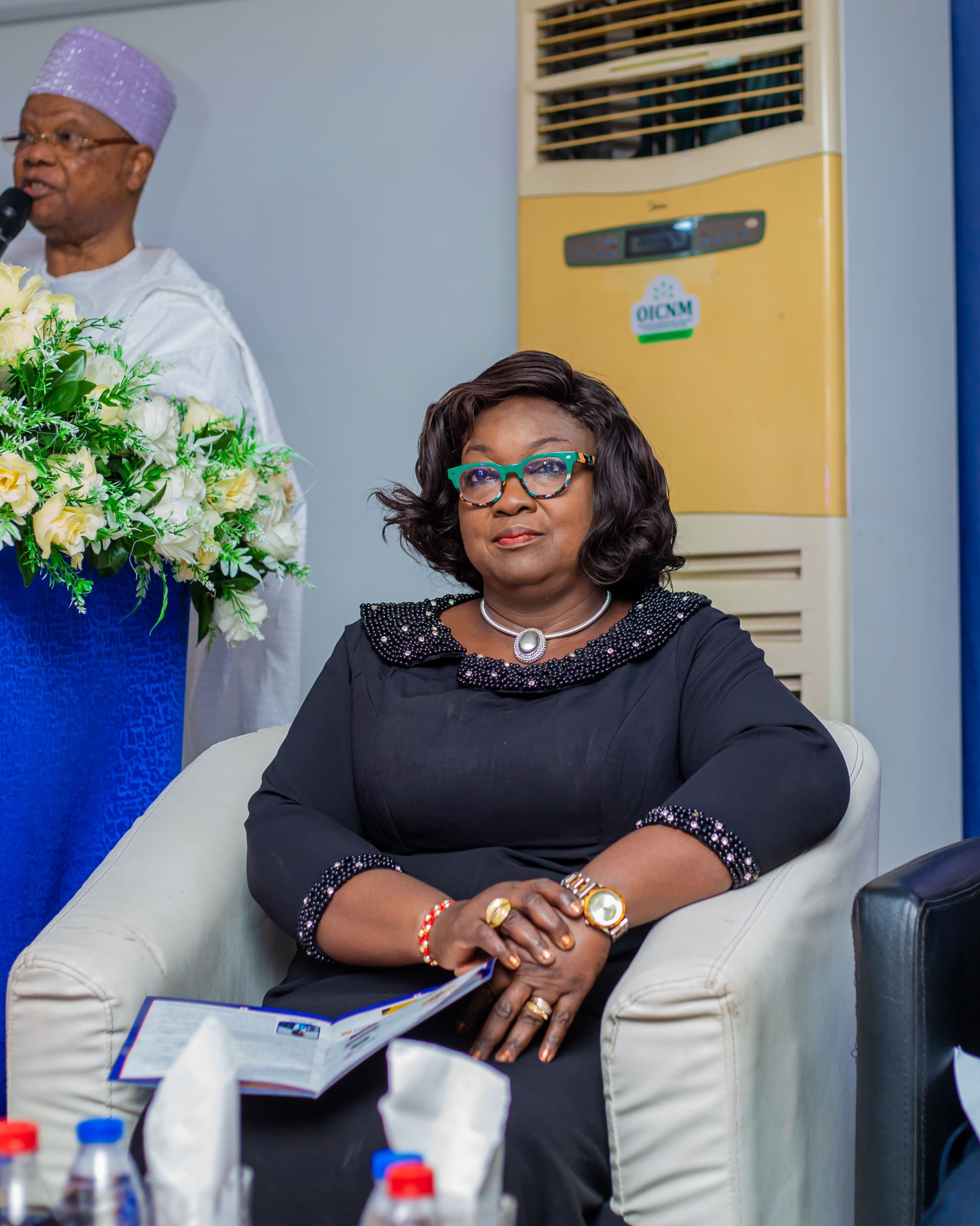Kemisola Oye
THE Deputy Editor, Lawbreed, publisher of Supreme Court judgments, Mrs Adejoke Layi-Babatunde, has identified the lack of digital access and strict rules prohibiting audio or video recording of court proceedings without permission as some of the challenges hindering wider public access to judicial processes.
She said the judiciary needed to remain impartial, transparent and fair.
Mrs Layi-Babatunde disclosed this in her remarks at the Gavel International 2024 annual lecture themed, “The Judiciary As The Last Hope of the Common Man: Media and Legal Perspectives”, held in Lagos.
She said that technically, judicial proceedings are accessible to the public due to the principle of open justice but that limited seating capacity in courtrooms as well as courts located far from rural areas, poses challenges to public participation in the judicial process.
According to her, restrictions on recordings and strict rules prohibiting audio and video recording of court proceedings without permission hinder wider public access to judicial processes.
“Nigeria’s courts remain largely analog, unlike other nations that have embraced digital technologies making it difficult for the public to access court proceedings and records.”
She also identified the slow publication of court judgments and rulings as part of challenges impeding public ability to engage with the legal system.
The Deputy CEO noted that the Sustainable Development Goal 16 (SDG 16) is about promoting peaceful and inclusive societies, providing access to justice for all and building effective, accountable and inclusive institutions at all levels.
The judiciary is the arm of government responsible for interpreting laws, resolution of disputes, protection of rights and liberty, judicial review, criminal justice administration, guardianship of the rule of law, advisory role, interpretation of international laws, administrative law function and the custodian of legal integrity.
She posited that the judiciary once hailed as the last hope of the common man, has lost credibility. She noted that Nigeria’s wealthy and influential individuals often enjoy impunity, operating above the law with little or no consequences.
She references that former United States of America (USA) President Donald Trump was found guilty of multiple felony charges, while Hunter Biden, son of President Joe Biden, was convicted of three firearm-related felonies for illegally owning a gun as a drug user.
She said the chances of this happening in Nigeria are extremely low.
She, therefore, noted that judges and judicial systems should be responsible and answerable for their actions and decisions; this is even as she posited that the judiciary must remain transparent.
She, therefore, called for a meticulous review of all case files before hearings as well as addressing excessive adjournment of cases.
She noted that the media raises public awareness about important legal and social issues, promoting education and debate as the judiciary serves as a check on the powers of the executive and the legislature.
Eighteen-Eleven Media


